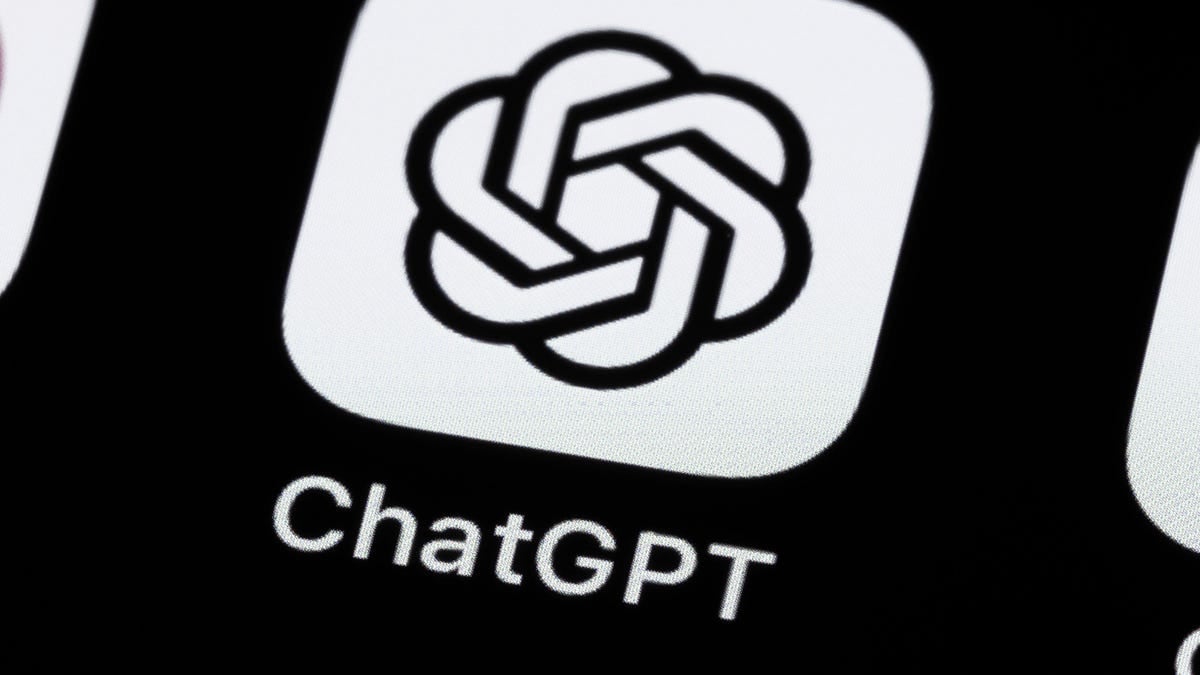- cross-posted to:
- fuck_ai
- cross-posted to:
- fuck_ai
The research from Purdue University, first spotted by news outlet Futurism, was presented earlier this month at the Computer-Human Interaction Conference in Hawaii and looked at 517 programming questions on Stack Overflow that were then fed to ChatGPT.
“Our analysis shows that 52% of ChatGPT answers contain incorrect information and 77% are verbose,” the new study explained. “Nonetheless, our user study participants still preferred ChatGPT answers 35% of the time due to their comprehensiveness and well-articulated language style.”
Disturbingly, programmers in the study didn’t always catch the mistakes being produced by the AI chatbot.
“However, they also overlooked the misinformation in the ChatGPT answers 39% of the time,” according to the study. “This implies the need to counter misinformation in ChatGPT answers to programming questions and raise awareness of the risks associated with seemingly correct answers.”



I do just want to add that my conclusion is that I, as a human, am not uniquely special for having the ability to have thoughts, ideas, and come up with new things. This point of view is inherently a massive blow to the human ego. It simply doesn’t make any sense to hold such a view if one’s ego is what is controlling the judgment. The same can not be said about the opposite viewpoint.
of course not. monkeys can do same thing, we have already established that.
machines, however, do not.
Is this something that you think can be proven, or is it just something that we get to know deep down in our souls without any evidence for it?